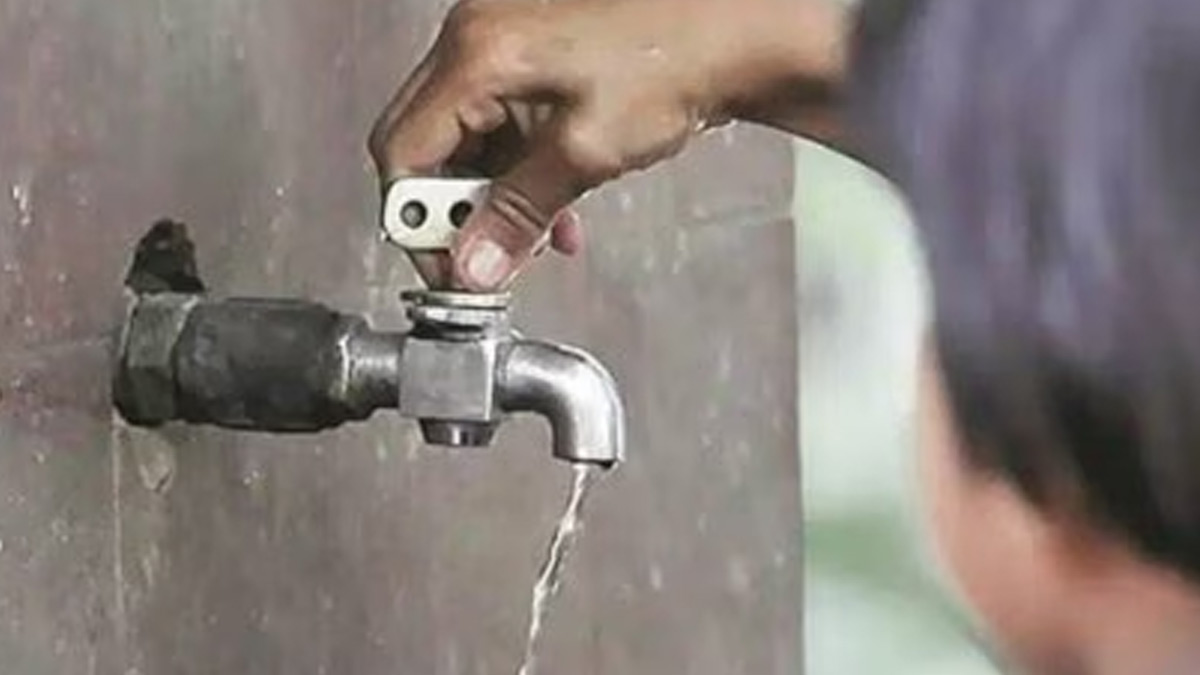
On Thursday, Rajkot Municipal Corporation (RMC) medical officer of health, Jayesh Vakani, announced that certain areas in Rajkot have been declared cholera-affected following the detection of two cases. This action follows a notification issued on July 5 by Collector Prabhav Joshi under the Epidemic Diseases Act. The notification mandates that any area within a 2-kilometer radius of a reported case should be declared cholera-affected.
Table of Content:-
Areas Under Surveillance
The declaration will remain in force for two months and includes Lohanagar, where the two cholera cases were detected, as well as the railway crossing and Gondal road. To mitigate the risk of further spread, a ban on food items made from ice has been imposed until September 4.
Understanding Cholera
Cholera is an acute diarrheal infection caused by consuming food or water contaminated with the bacterium Vibrio cholerae. The illness can result in severe diarrhoea and dehydration, which can be fatal if not treated promptly. The preliminary investigation suggests that the outbreak may have been triggered by contaminated water brought into the area.
.jpg)
Source of the Outbreak
Vakani explained that some residents of Lohanagar, who are involved in selling fish, bring in fish from the outskirts and store them in small pits at their homes. It is believed that contamination in this water led to the cholera cases. As per regulations, even a single cholera case necessitates the declaration of an affected area.
Measures Taken by Authorities
To control the situation, 25 teams have been deployed to survey the areas and identify any suspected cases. Around 1,500 residents are currently under surveillance. Furthermore, all government and private hospitals in Kalol have been instructed to monitor patients closely and report any suspected cholera cases to the authorities.
Also Read: Over 800 Students In Tripura Infected With HIV? Health Ministry Dismisses Claims As Misleading
Global and Historical Context of Cholera
Cholera is a well-known infectious disease that causes severe watery diarrhoea, potentially leading to dehydration and death if untreated. In the 1800s, cholera was prevalent in the United States before modern water and sewage treatment systems eradicated its spread via contaminated water. Currently, the U.S. reports about 10 cholera cases annually, with approximately half of these cases acquired abroad. While cholera outbreaks are rare in the U.S., they remain a significant problem in parts of Africa, South Asia, and Latin America.
Cholera Treatment and Prevention
As per Dr Gowri Kulkarni, Head Of Medical Operations, MediBuddy, Cholera is treatable, and hydration is the cornerstone of its management. Depending on the severity of the diarrhoea, treatment may involve oral or intravenous solutions to replace lost fluids. Antibiotics can help reduce the duration of diarrhoea and the excretion of bacteria, thus aiding in the prevention of disease spread.
Vaccination
There is a vaccine available for cholera, and both the CDC and the World Health Organization have guidelines on who should receive it.
Safe Water Practices
To protect against cholera, it is crucial to use only boiled, chemically disinfected, or bottled water. This precaution should be taken for drinking, preparing food or drinks, making ice, brushing teeth, washing face and hands, washing dishes and utensils, and washing fruits and vegetables. To disinfect water, boil it for one minute (or three minutes at higher elevations), or use a commercial chemical disinfectant.
Food Safety
Avoid consuming raw foods, including unpeeled fruits and vegetables, unpasteurised milk and milk products, and raw or undercooked meat or shellfish. Fish caught in tropical reefs may also be contaminated and should be avoided.
Also Read: Budget 2024: Healthcare Sector Urges Government To Boost Public Health Spending
Recognizing Symptoms and Seeking Treatment
If you experience severe watery diarrhoea and vomiting, particularly after eating raw shellfish or travelling to a country where cholera is prevalent, seek medical help immediately. Prompt treatment is essential, as dehydration can occur rapidly.
Bottomline
The cholera cases in Rajkot underscore the importance of vigilant public health measures and community awareness in preventing the spread of infectious diseases. By adhering to safe water and food practices, getting vaccinated when recommended, and seeking immediate medical attention if symptoms arise, individuals can protect themselves and help control cholera outbreaks.
Also watch this video
Read Next
Over 800 Students In Tripura Infected With HIV? Health Ministry Dismisses Claims As Misleading
How we keep this article up to date:
We work with experts and keep a close eye on the latest in health and wellness. Whenever there is a new research or helpful information, we update our articles with accurate and useful advice.
Current Version